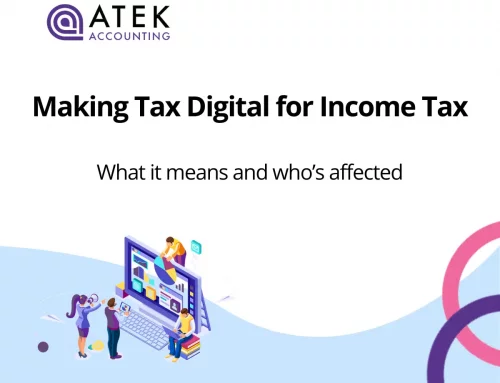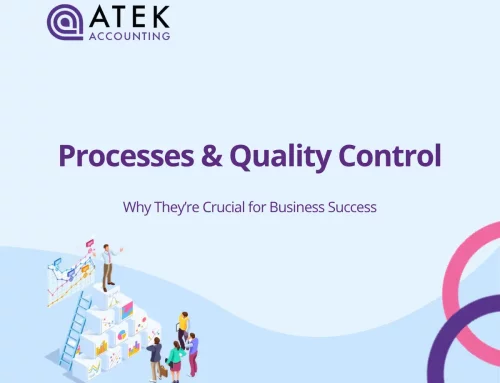
Starting a small business is an exciting venture, but it can also be daunting — especially when it comes to financing. There are a number of different financing options for small business owners to consider, but it can be difficult to know which one is right for you. In this blog post, we will discuss the most common types of small business financing and help you decide which one is best suited to your needs.
Understanding Business Finance for Small Businesses
What is Business Finance?
Business finance is the process of planning, managing, and controlling the financial activities of a business. It includes the raising of capital, the acquisition of funds, and the management of financial resources.
There are two main types of business finance:
-
Equity finance
-
Debt finance
Equity finance involves raising money by selling shares in your company to investors. This might be done through:
-
Equity crowdfunding, which allows you to sell shares to a large number of small investors, or
-
Venture capital, where an investor provides capital in exchange for equity in your business.
Debt finance is when you borrow money from a lender (like a bank or investor) and agree to repay it with interest. This can take the form of:
-
Business loans, or
-
Lines of credit, which let you borrow up to a certain limit and only pay interest on the funds you use.
Many businesses opt for a blend of equity and debt financing based on their needs and growth stage.
How to Calculate the Finance Your Small Business Needs
It’s important to have a good understanding of your financial needs before you start looking for financing. This will help you determine how much money you need to raise and what type of financing is best for you.
Consider the following:
-
Startup costs – What you need to launch your business
-
Operating costs – What you need to sustain your business
-
Growth costs – What you’ll need to scale or expand
-
Contingency – Always factor in a buffer for unexpected expenses
Once you have a good understanding of your financial needs, you can start exploring the different financing options available to your small business.
Types of Small Business Financing
As we mentioned earlier, there are two main types of small business financing: equity financing and debt financing. Let’s take a closer look at each one.
Equity Financing
Equity financing is when you raise money by selling shares in your company to investors. This can be done through equity crowdfunding, which allows you to sell shares in your company to a large number of small investors.
Another option is to find a venture capitalist, which is an investor who provides capital to companies in exchange for equity.
The benefits of equity financing are that you don’t have to repay the money you raise; and it can give you the funds you need to grow your business quickly. However, the downside is that you will be giving up a portion of ownership in your company.
Debt Financing
Debt financing is when you borrow money from a lender, such as a bank or an investor, and agree to repay the loan with interest.
One option for debt financing is to take out a business loan from a bank or take out a line of credit. A line of credit is similar to a loan but has more flexible terms. You can borrow money up to a certain limit and only pay interest on the money you actually use.
The benefits of debt financing are that you don’t have to give up any ownership in your company, and you can get the funds you need without having to go through a lengthy equity-raising process. However, the downside is that you will have to repay the loan with interest, which can prove costly and eat into your profits.
Alternative Financing Options for Small Businesses
Of course, you don’t have to go down the conventional route. Here are additional funding routes to consider:
-
Peer-to-Peer Lending:
Borrow money from individuals through online platforms rather than traditional banks. -
Invoice Financing:
Sell unpaid invoices to a financier to improve your cash flow. -
Asset-Based Lending:
Use your business’s physical assets (like equipment or stock) as collateral for a loan. -
Friends and Family Loans:
Raise money from people you know, which can offer flexibility but may strain relationships if things go wrong.
The benefits of these types of financing are that they can be easier to qualify for and that they usually have lower interest rates than traditional loans.
However, the downside is that they can be more difficult to find, and they may require you to put up collateral. With friend and family loans, you are also putting personal relationships at risk.
Finance Your Small Business with Atek Accounting
Financing your small business is a big decision — but you don’t have to make it alone. At Atek, we’ll help you:
✔️ Choose the right financing path
✔️ Prepare investor-ready financial documents
✔️ Negotiate favourable loan terms
✔️ Maximise your appeal to lenders
Get in touch for a free initial consultation, and let’s find the right funding route for your business.
More resources:













